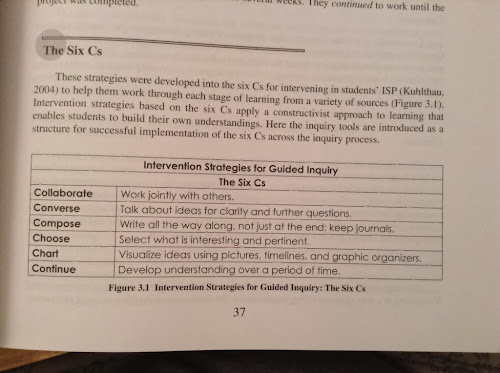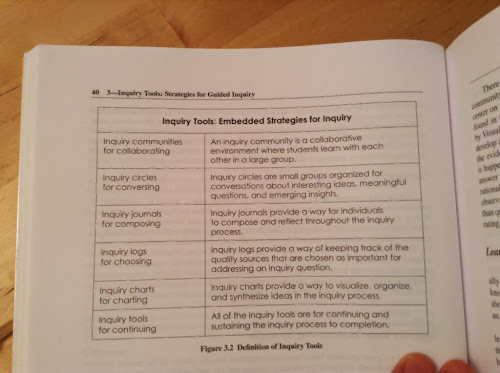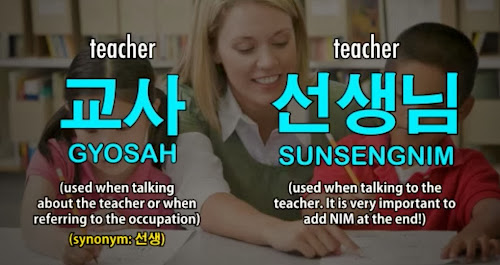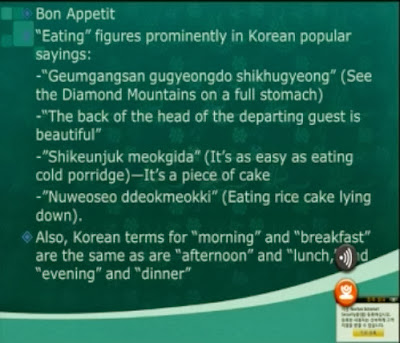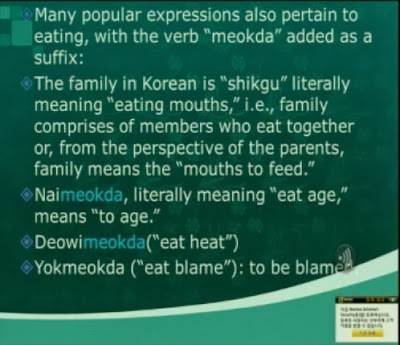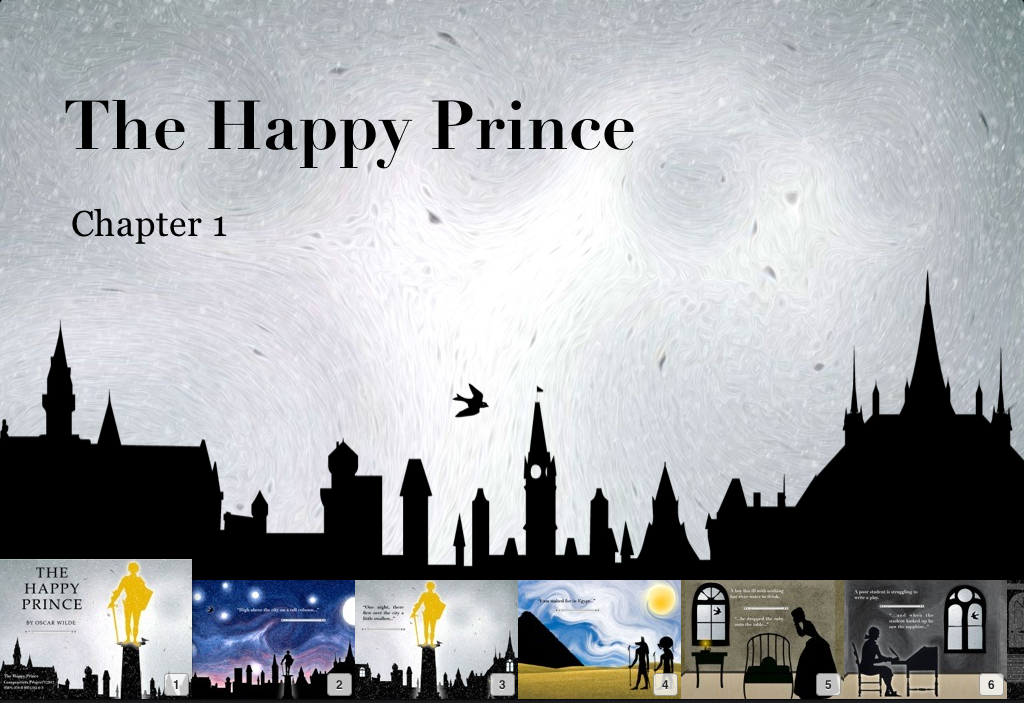I have enjoyed this course so far but it hasn’t really fulfilled my expectations. I assumed (and we know what they say about assuming…) that it would be more education focused and directed towards game creators and teachers. Then I started watching the lectures for Week 5 and… Yay! Gaming and Literacy! Here are my lecture notes for the first video.
Constellation of Literacy Practices
To get beyond a beginner levels you have to work with other in the game and use many literacy skills.
Sorry about the quality of the diagram – its a screenshot from the lecture.
In-Game Talk
Despite the abbreviations the communication depicted below actually contains a lot of the information. abbreviations are an important part of the discourse of the game. This interaction has three clauses: request, statement of fact, and an account.
The lecturer explains how, by using the abbreviation “POMS”, this player is showing that he was a beta player as this term was only utilised during the beta stage. This maters as the longer the you play this game the more experience you have and the higher your prestige in the community. Displaying shared values, participating in shared activities and displaying identity.
Orally Delivered Narratives: similar to folklore
In-Game Letters: using genre language (i.e. medieval in War of Warcraft)
Other external test also play a critical role in a gaming community.
Official Fandom (usually sponsored by the company behind the game)
– official discussion boards
– official fan fiction
Unofficial Fandom (created by the community and usually valued more than the official content)
– discussion boards
– fan fiction
– collective databases
– Clansites
– annotated discussion boards
– game character emails
– personal game blogs
How fan fiction communities support budding authors.
The lecturer recounts a situation where she came in contact with a player in Lineage during her research. This teenage boy was a very popular fan fiction writer who had even be endorsed by the game’s company as an official writer. Before the stories were published for the general public, this writer would distribute his story to the guild leaders as a special preview. In his story he states that he dedicates the work to Kushie and says in the email that accompanied it that he only wrote the story to hit on a girl. This shows that the games culture actually supports and values teenage boys writing stories! This is in stark contrast to your average school classroom. This writing, unlike the in-game talk, fulfils all the curriculum requirements of ‘proper’ writing.
This is an interaction between the lecturer and a 13 year old boy at the beginning of summer vacation. Note that he is planning a 2 – 3 month writing project over the summer.
Games are not replacing reading and writing for young people they are infact bringing these skills back (interesting contrast with TV).
What kinds of resources are gamers interacting with? (quality and quantity)
Fan Fiction only comprises of only 7% of what gamers read.
Information Resources 46%
Game User created resources of text, symbols and images. Texts in the form of expository, procedural, transactional and persuasive texts. Average reading level of 50 sample pages is 12th grade. 4% academic vocabulary.
Text quality is high.
Game Reading vs. School Reading
In the last clip the lecturer talks about the study she conducted. She took gamers, usually boys, who are reading at or below their grade level in school yet reading at 12th grade level in games. Why are these boys reading at such different levels in these two contexts. She tested for strategies and they were the same. She then tested for interest – finding texts that fulfilled a need they currently where experiencing in their gaming. This is where she saw their self correction rate double… they were more determined and motivated to decipher meaning when it was in their interest.
She ends the lecture saying that she entered her studies thinking of games as a means for accomplishing her educational goals but has shifted to thinking of education as means for accomplishing their goals.



